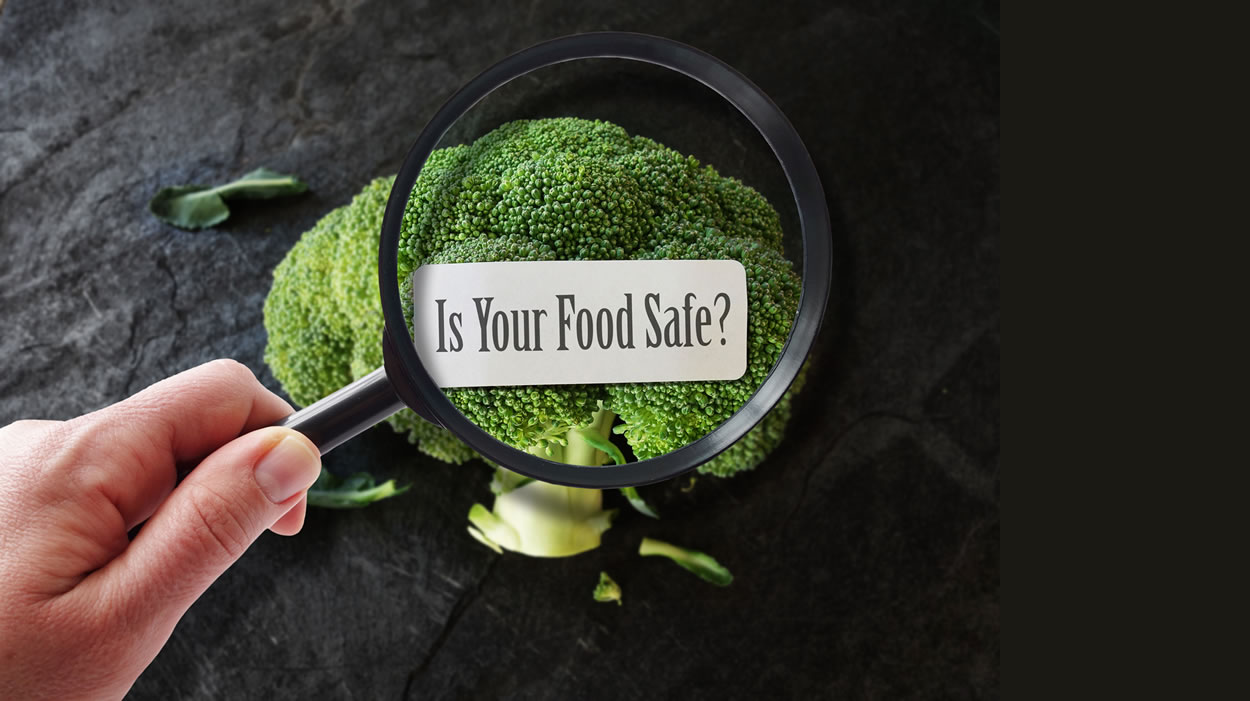New Food Rules and What They Mean for Your Centre
Published on Tuesday, 02 March 2021
Last updated on Monday, 01 March 2021

The NZ Ministry of Education has released a series of new rules around the way food is prepared and served in early-learning centres across New Zealand that aim to minimise the risk of choking.
The changes, which came into effect on 25 January 2021, follow the tragic choking incident involving Neihana Renata at a Rotorua early learning care in 2016, which left the youngster severely brain damaged.
“We know early learning services take the health and safety of the children in their care very seriously, and we thank the sector for its participation and support during this review of requirements around the planning and preparation of food, and supervision of learners while eating,” says Katrina Casey, Ministry of Education Deputy Secretary of Sector Enablement and Support.
“Prior to this change, early learning services were encouraged to follow the Ministry of Health guidance on the provision of food. Now it will be compulsory.”
“We will also be providing guidance and support to early learning services in the new year on their practices and policies around food preparation.”
So, what exactly does this mean for your early-learning centre?
From 25 January 2021 centres must:
Provide a safe environment when eating:
- Children must be seated and supervised while eating.
- Food must be placed directly in front of them.
Provide appropriate first aid:
- An adult with a current first-aid qualification be present at all times for up to every 50 children. Specifically, the qualified adult will need to know choking first aid and cardiopulmonary resuscitation (CPR).
Exclude food that presents a choking hazard:
Foods that present a potential choke hazard must be avoided, such as nuts, large seeds, hard rice crackers, dried fruit, sausages, popcorn, marshmallows and hard or chewy sweets or lollies.
Alter high-risk food
-
Any early-learning service that provides food must ensure it is prepared in accordance with the Ministry of Health guidelines.
The following high-risk foods must be altered to reduce the risk of choking:
- Raw carrot, apple, celery must be grated or cooked until soft and cut into strips that a child can pick up with one hand.
- Raw green peas must be cooked and mashed with a fork.
- Grapes, cherry tomatoes and berries must be quartered or finely chopped to a size of 8mm x 8mm.
- Stones, large seeds or pips must be removed from stone fruit.
- Skin must be fully removed from cooked chicken.
- Salad leaves, spinach and cabbage must be finely sliced or chopped.
- Meat must be cooked until tender.
- All bones from fish and chicken nibbles must be removed.
- Nut spread or seed butter must be spread sparingly.
- Pineapples must be peeled and sliced finely against the grain.
From 8 April 2021:
- An adult with a current first aid qualification must be present at all times for up to every 25 children attending.
More changes on the way
A wider review of the early-learning regulatory system is now being conducted, including what happens if a service is found to repeatedly breach minimum standards. The first tranche of proposals to tighten and clarify parts of the regulations is now available for feedback.
“We’re taking a broad look at the regulations and licensing standards for this diverse sector, to make sure they are clear and fit-for-purpose,” says Casey. “The proposals we are starting consultation on target parts of the regulatory system that cover the risk to children’s health, safety and wellbeing, and where further clarification is needed.
“This Review is aimed at ensuring our youngest learners get the best possible start to their education. It’s the first of three tranches planned over the next three years.”
Ms Casey says the sector has changed significantly since the current regulations took effect in 2008.
“There are many more licensed services, with a lot more of our tamariki participating in early learning, and at a younger age and for longer hours.”
The regulatory review includes actions in the Early Learning Action Plan 2019-2029. The first tranche includes proposals relating to the licensing of services, such as what happens if there are repeated breaches of minimum standards.
For more details on the NZ Ministry of Health guidelines around food safety, visit their website.
To learn more about the regulatory review and the proposals that are being consulted on see the Early Learning Regulatory Review.
Related Articles

Food for thought Obesity rates amongst young children
Why sweet rewards aren't good for growing bodies, or even grown ones, for that matter.

Is there too much sugar in baby food?
Why World Health Organization (WHO) reckons commercial baby foods aren't quite as healthy as they're cracked up to be.

Reducing the risk of food-related choking in early learning services
Steps early education services must take to keep young children safe from food related choking.
